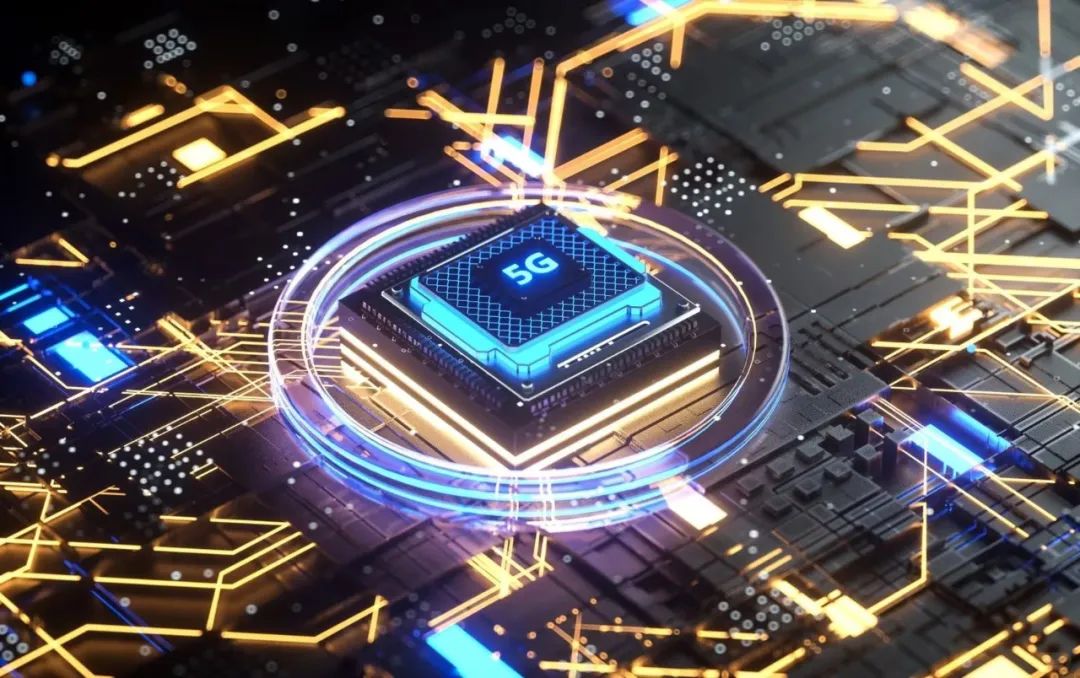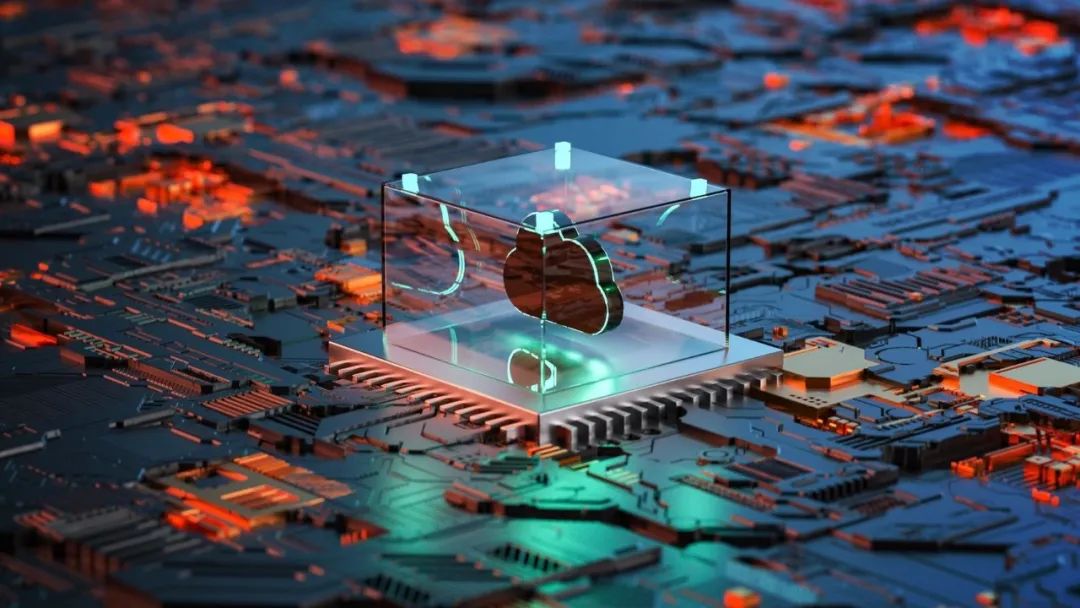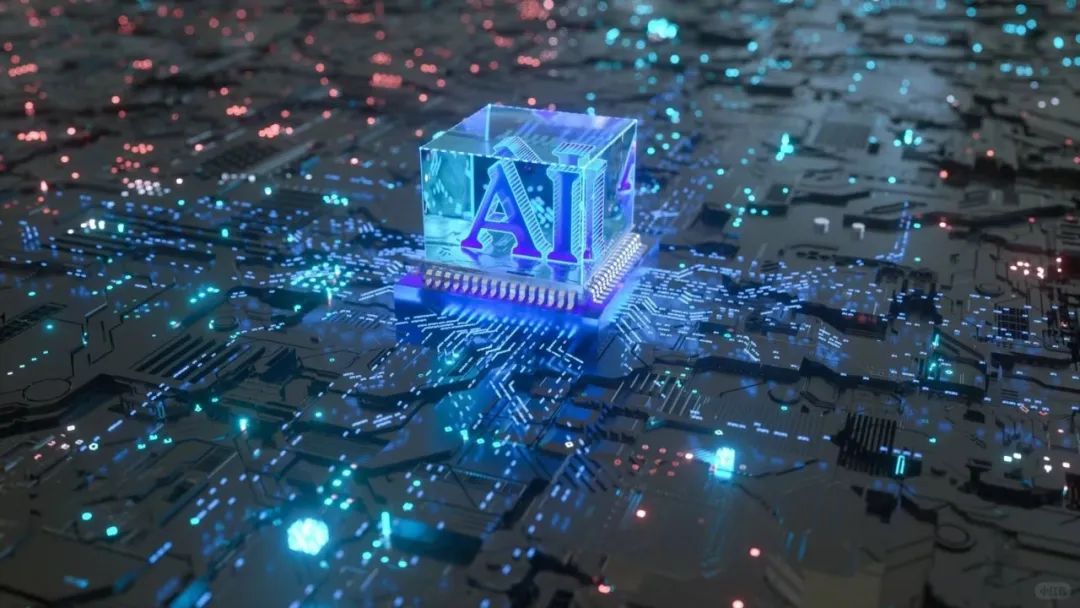FPGA, short for Field-Programmable Gate Array
is a semiconductor device that can be programmed on-site according to user needs
FPGA differs from traditional ASICs (Application-Specific Integrated Circuits) in that it offers high flexibility and reconfigurability, enabling different logic functions to be implemented by modifying software code without changing the hardware circuit. It is like a “canvas” for digital logic, where designers can draw various complex circuit systems.
Why is FPGA so important?
Accelerate Algorithm Implementation:In fields such as artificial intelligence and big data processing, FPGA can provide parallel processing capabilities far exceeding those of CPUs and GPUs, accelerating the execution speed of complex algorithms and serving as a key to achieving low-latency, high-efficiency computing.
Customized Solutions:For specific application scenarios, FPGA can be custom-designed to optimize resource utilization, reduce power consumption, and enhance overall performance, making it the preferred choice for many industry-specific solutions.
Rapid Iteration and Verification:In the early stages of product development, FPGA’s rapid programming and reconfiguration capabilities significantly shorten development cycles and reduce R&D costs, allowing innovative ideas to be transformed into real products faster.
Application Fields of FPGA
Communication Industry:In 5G base stations, optical transmission systems, satellite communications, and other fields, FPGA has become a key technology for enhancing network performance due to its high bandwidth and low latency characteristics.
Automotive Electronics:In applications such as autonomous driving and Advanced Driver Assistance Systems (ADAS), FPGA provides powerful computational support for complex sensor data processing and real-time decision-making.
Industrial Automation:In fields like smart manufacturing, machine vision, and robotics control, FPGA’s customized solutions help improve production efficiency and achieve precise control.
Data Centers and Cloud Computing:With the explosive growth of data volume, FPGA is used in data centers to accelerate specific applications, enhance data processing efficiency, and reduce operational costs.
With the continuous development of technologies such as artificial intelligence and the Internet of Things, the demand for computing power and flexibility is growing. FPGA, as a bridge connecting software and hardware, is becoming increasingly important. In the future, we can expect to see more innovative applications based on FPGA, which will play a significant role in various fields, promoting social progress and ushering in a new chapter in the intelligent era.

For more details, please contact:







